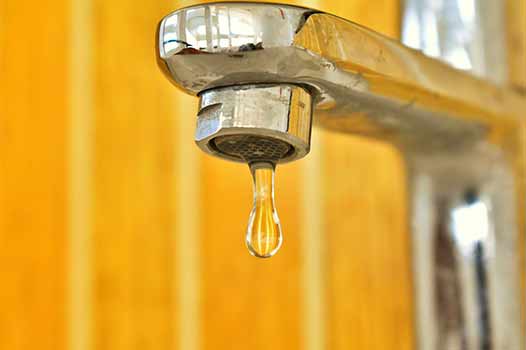
Access to clean and safe drinking water is a fundamental requirement for every individual’s health and well-being. When living in a large city like Chicago, it is natural to question the quality of tap water and whether it is safe to consume. Here we get into the topic of Chicago’s tap water and examine its safety for drinking and other purposes.
Water Sources in Chicago
Before analyzing the safety of tap water in Chicago, it is essential to understand the sources from which the city obtains its water. Chicago primarily relies on Lake Michigan as its primary water source. The city draws water from the lake and treats it before distributing it through an extensive water distribution network to its residents and businesses.
Water Treatment Process
To ensure the tap water meets safety standards, Chicago employs a rigorous water treatment process. The initial step involves withdrawing water from Lake Michigan through underwater intakes. Once collected, the water passes through several treatments, including sedimentation, flocculation, filtration, and disinfection.
During sedimentation, chemicals are added to the water to allow fine particles to clump together, facilitating their removal. This process is followed by filtration, where the water passes through various layers of sand, gravel, and carbon to further remove impurities.
Lastly, disinfection is carried out to eliminate any remaining bacteria, viruses, or other microorganisms that may be present in the water. Chlorine is commonly used for disinfection purposes, ensuring the tap water remains free from harmful contaminants.
Water Quality Testing and Monitoring
Chicago takes the safety of its tap water seriously and conducts extensive testing to monitor its quality. The city’s Department of Water Management conducts tens of thousands of water quality tests each year at various stages, including the source water, throughout the treatment process, and at points within the distribution network.
The tests examine multiple aspects, such as pH levels, chlorine levels, turbidity (clarity), and the presence of any harmful substances. These strict monitoring practices are in place to proactively identify any potential issues that may compromise the quality of tap water.
Lead Contamination Concerns
One of the major concerns regarding tap water safety in Chicago, as in many other cities, is the presence of lead in old plumbing systems. While the city’s water treatment processes work effectively to eliminate lead from the water supply, it can still become contaminated if it comes into contact with lead pipes or fixtures in older buildings.
Chicago has taken measures to address this issue, including the replacement of lead water service lines leading to residential properties. Additionally, the city treats the water to make it less corrosive, reducing the likelihood of lead leaching from plumbing systems.

It is evident that the tap water in Chicago undergoes a rigorous treatment process and is regularly tested to ensure its safety for consumption.
Regulatory Compliance
The safety of tap water in Chicago is also ensured through adherence to various regulations and guidelines set by federal and state agencies. The U.S. Environmental Protection Agency (EPA) establishes the maximum allowable levels of contaminants in drinking water, while the Illinois EPA oversees compliance with these regulations within the state.
Chicago routinely complies with these regulations and regularly provides consumer confidence reports to its residents, offering detailed information about the quality of tap water and any detected contaminants. This transparency helps build trust and provides individuals with the necessary information to make informed decisions about their tap water consumption.
In Summary
Based on the information discussed, it is evident that the tap water in Chicago undergoes a rigorous treatment process and is regularly tested to ensure its safety for consumption. While concerns about lead contamination exist, the city has implemented measures to mitigate this issue.
Ultimately, individuals can have confidence in the safety of Chicago’s tap water. However, it is important to be aware of any potential issues within the plumbing systems of older buildings and take necessary precautions, such as using water filters or opting for bottled water if desired.
Overall, Chicago’s tap water remains a reliable and safe option for drinking, highlighting the city’s commitment to providing its residents with clean and quality water for their daily needs.